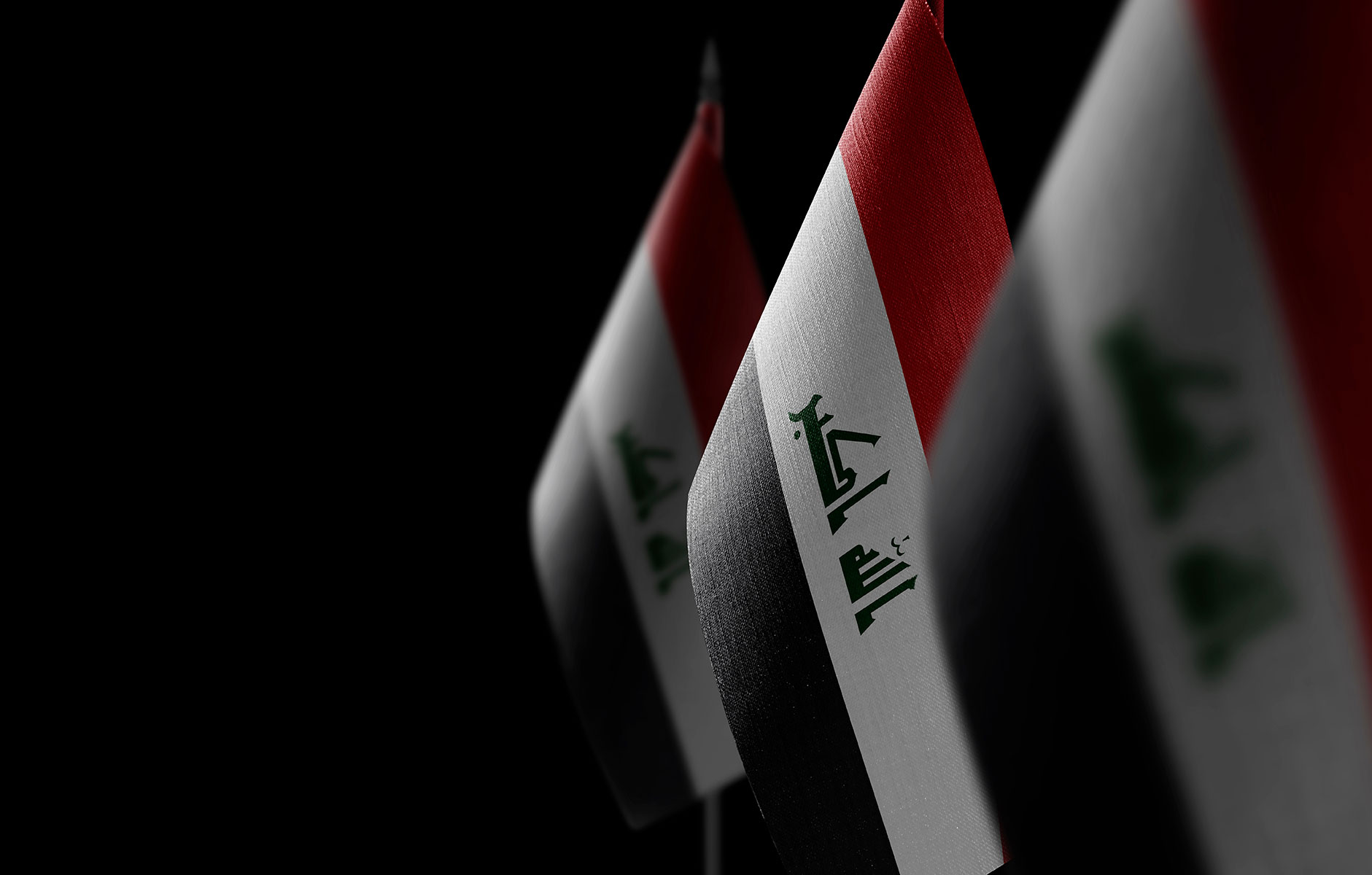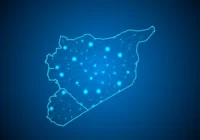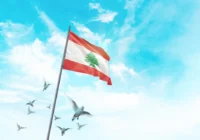In Iraqi Kurdistan, there is a growing debate over a potential second term for Barham Salih, the president of the Republic of Iraq. This matter has led to polarization in Kurdish politics and society, and it could destabilize relations between the Kurdistan Democratic Party (KDP) and the Patriotic Union of Kurdistan (PUK). If left unresolved, it could threaten political stability in the semi-autonomous federal region.
Since 2005, as part of a power-sharing agreement, the Iraqi presidency has been set aside for a Kurd. Within the Kurdish community itself, the post has been informally reserved for a candidate of the PUK. Meanwhile, the speaker of parliament is held by a Sunni and the job of prime minister by a Shia.
Can Self-Help Diplomacy Lower Political Heat in the Middle East?
The two main Kurdish parties have also agreed that in return for the Iraqi presidency being earmarked for the PUK, the KDP takes nearly all significant positions within the Kurdistan Regional Government (KRG). This includes the positions of president, premiership and the deputy of parliament as well as several ministries within the Iraqi federal government.
Losing Support
Recently, the KDP has made political gains and the PUK has lost significant support since the 2018 elections. Currently, the KDP has 31 members in the Iraqi national council, while the PUK has only 16. This has led the KDP to eye the position of the Iraqi presidency. If the party insists that President Salih should not be elected again, it could lead to a significant change of the political map of Iraqi Kurdistan.
Both the PUK and KDP have lost the trust and confidence of the public. This was particularly reflected three years ago in the last parliamentary election when only around 40% of registered voters participated. The PUK and KDP have lost over 700,000 voters in the Kurdish region itself. Their legitimacy is declining day after day and smaller parties are emerging. This is because citizens do not believe the people and parties in power are competent enough to represent them and or deliver the basic services they need.
The KDP is strongly against the reelection of Salih because, in 2018, he ran for the presidency without the blessing of Masoud Barzani, the leader of the KDP; he went on to beat Barzani’s candidate, Fuad Hussein. Today, if the PUK and Barham Salih win the presidency again, it would have significant implications on intra-party, Kurdish, federal and regional politics.
The KDP has nominated Hoshyar Zebari as their candidate to challenge the PUK’s Salih, according to Rudaw. Zebari served as the Iraqi finance minister from 2014 to 2016 before he was removed from his position following a secret parliamentary vote of no-confidence over alleged corruption and misuse of public funds. At the time, Zebari denied the allegations against him and said they politically led, and he was later cleared of charges.
The KDP wants the PUK to nominate a new candidate. Currently, it appears that the PUK is leaning toward Latif Rasheed, a former Kurdish minister in Baghdad and a close relative of the Talabani family as an alternative person for the presidency should Salih not win the support he needs when parliament votes on February 5.
The KDP claims that Salih has not succeeded in resolving the political differences and disagreement between the KRG and the federal government of Iraq. The budget for the Kurdistan Regional Government has also not been settled. It is hoped that Salih can find a solution to the economic and monetary issues between Erbil and Baghdad.
Salih Is the Only Real Candidate
There are currently five people who have nominated themselves for the job. Yet it is clear that the only powerful candidate is Barham Salih and the others are only competing against him to enrich their resumes and or undermine the position of the presidency.
Across Iraq, Salih is known for his international and diplomatic experience and for being a politician with a vision. It was during his premiership that the KRG had boomed with a strong economy that saw the development of real estate. Hundreds of thousands of people rebuilt their homes, students went abroad to continue their studies and many others started small entrepreneurial projects thanks to his good governance and meritocracy.
During his time as prime minister of the Kurdistan region between 2009 and 2012, Salih laid the foundations for several strategic projects, namely the American University of Iraq in Sulaimani, the airport, the new University of Sulaimani campus and the Hawari Shar, one of the greatest national parks in Iraq. Salih has also built many strategic projects like the underground water and sewage system of Sulaimani, along with dozens of other useful initiatives. Salih is widely known among the Kurdish people for his dedication to working in the public interest.
At a regional level, many anticipate that Salih’s presidency will play an important role in maintaining Baghdad’s balance between the United States and Iran. On the one hand, Salih has a good working relationship with the Iranians and speaks Farsi. On the other, he has maintained a decade-long relationship with influential figures in Washington. The hope is that Salih will strive to minimize the damage done to Iraq as a result of the rivalry between the US and Iran. The election of Salih, in terms of person and approach, is a crucial step toward stability in the new government. The hope is that he will play a more positive and engaged role and fulfill the expectations the Iraqi people have of him.
Barham Salih has also strongly advocated for the rights of the ethnic and religious minorities in Iraq and is a great defender of the Iraqi Constitution, which has given the Kurds certain rights. Salih has a good reputation and has political experience. He is also well known for his integrity, righteousness, fairness and loyalty to the homeland.
The president’s role is to serve as a symbol for the country. Their job is to represent Iraq’s sovereignty, safeguard the constitution and preserve its independence, unity and security. Many believe that Salih’s reputation, political demeanor and balanced stance enable him to implement these tasks of the presidency.
Salih is a moderate politician and can lead Iraq as a mediator, rather than a nationalist, sectarian and or populist. If he is given a second chance as president, Salih could deescalate the existing tension and dispute between Erbil and Baghdad, and among Shia factions as well. After all, he was once the protégé of the late Jalal Talabani, the president who united Iraq and prevented further conflict. Hence, Salih meets the qualifications that the people and also his regional allies would prefer in an Iraqi to become a president. As it stands, Salih has the best chance of retaining his position, but not without encountering many challenges.
The views expressed in this article are the author’s own and do not necessarily reflect Fair Observer’s editorial policy.
Support Fair Observer
We rely on your support for our independence, diversity and quality.
For more than 10 years, Fair Observer has been free, fair and independent. No billionaire owns us, no advertisers control us. We are a reader-supported nonprofit. Unlike many other publications, we keep our content free for readers regardless of where they live or whether they can afford to pay. We have no paywalls and no ads.
In the post-truth era of fake news, echo chambers and filter bubbles, we publish a plurality of perspectives from around the world. Anyone can publish with us, but everyone goes through a rigorous editorial process. So, you get fact-checked, well-reasoned content instead of noise.
We publish 2,500+ voices from 90+ countries. We also conduct education and training programs
on subjects ranging from digital media and journalism to writing and critical thinking. This
doesn’t come cheap. Servers, editors, trainers and web developers cost
money.
Please consider supporting us on a regular basis as a recurring donor or a
sustaining member.
Will you support FO’s journalism?
We rely on your support for our independence, diversity and quality.








Comment